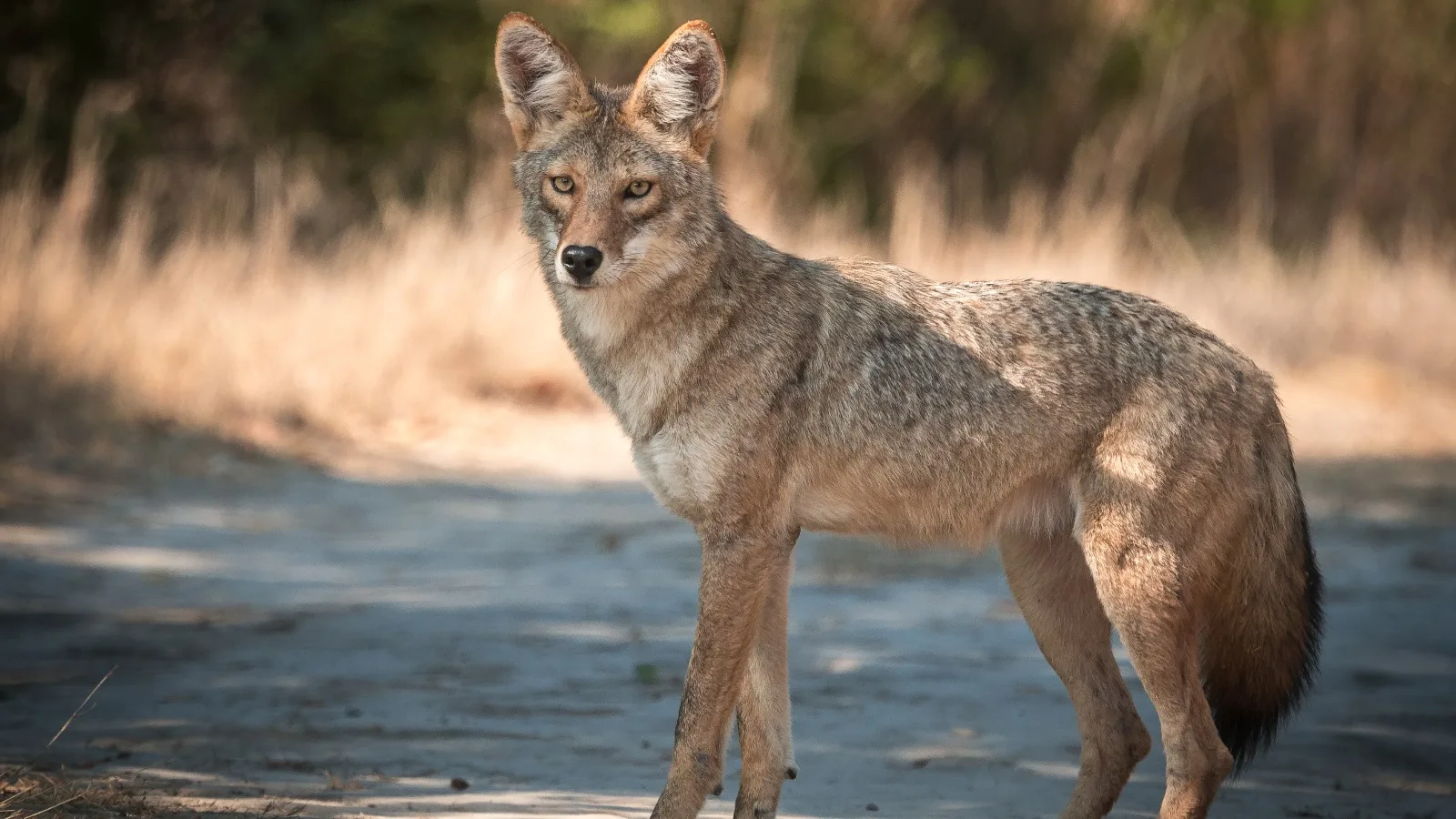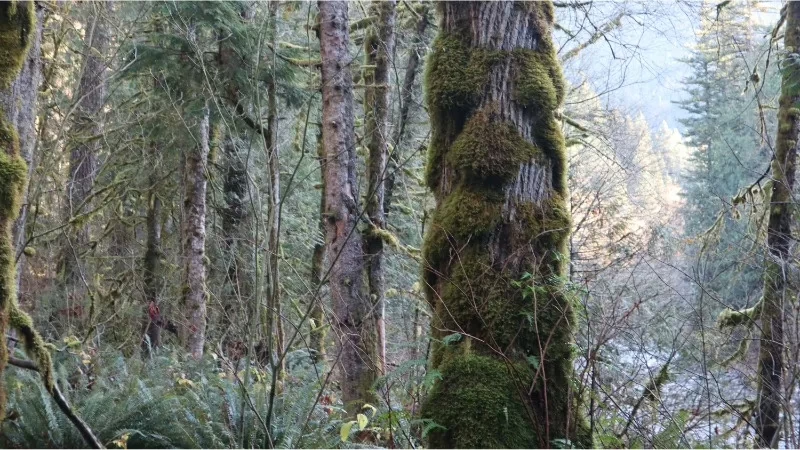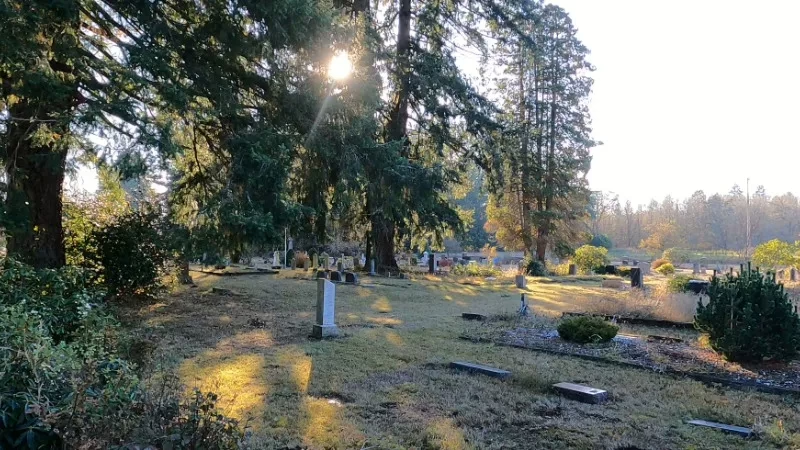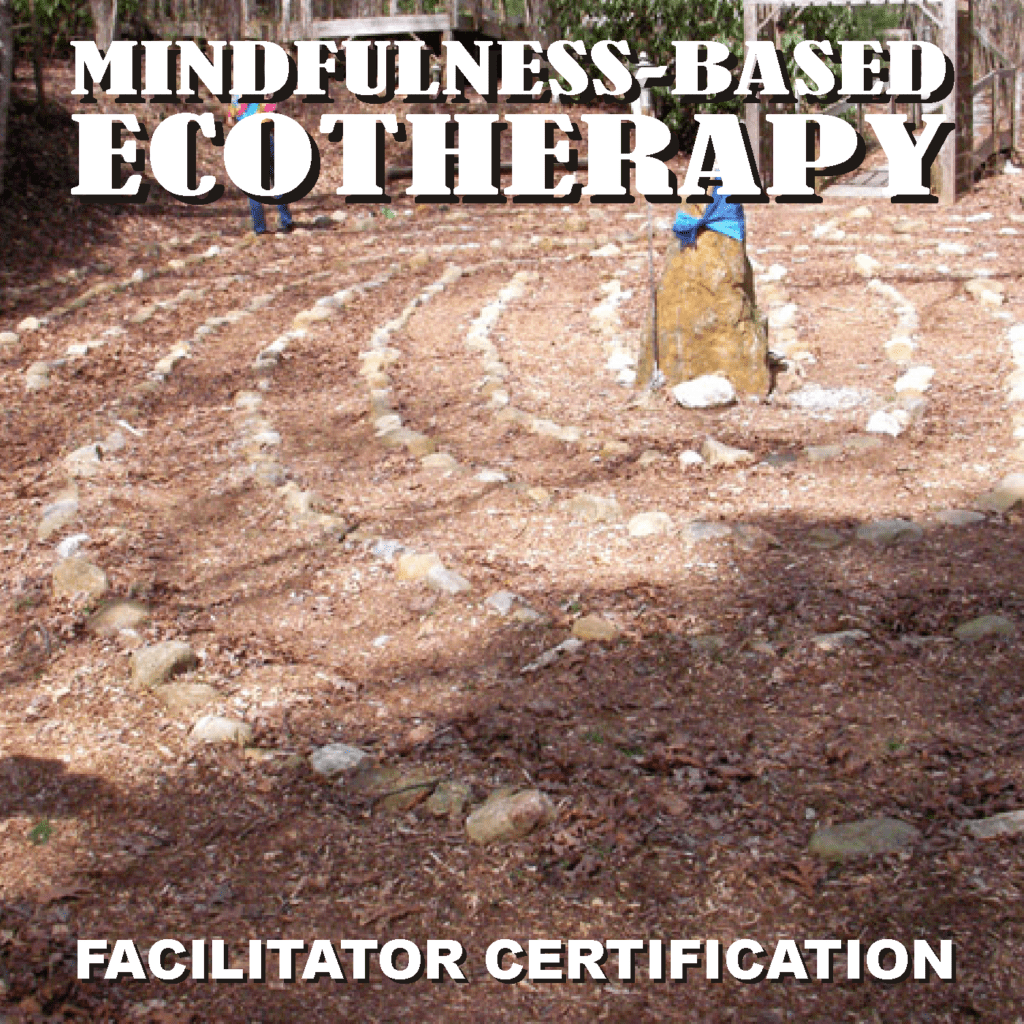
CLICK HERE TO PURCHASE THIS BUNDLE AT A SAVINGS OF OVER 20%!
GET AN ADDITIONAL $50 OFF DURING THE MONTH OF JUNE!
Regular price:
$299.99
For June, 2024 this bundle will be
$249.99!
What is the Ecospirituality Group Program?
This Ecospirituality Group Facilitator Certification Program teaches you to be an Ecospirituality Program facilitator. The Ecospirituality Group Program is a 12-week nature-based spiritual self-improvement program. Each session meets outdoors for about 90 minutes and is guided by a trained Ecospirituality Facilitator. The word “spiritual” comes from the Latin spiritus, which means, “breath.” Originally, that which was spiritual was simply that which was breathtaking. From this perspective a spiritual experience is an awe-inspiring experience. People of all religions…or none…can experience such awe-inspiring events. You can be spiritual without being religious. Spirituality doesn’t rely on a set system of teachings or dogmas. Spirituality is the joy of being present in the moment and experiencing the awe and wonder of living. When a seeker of the ecospiritual path has completed such a journey, they will become an ecospiritual shaman. An ecospiritual shaman is a practitioner who integrates spiritual and shamanic traditions with a deep ecological consciousness, emphasizing a sacred connection between humans and the natural world. Such a person has become fully integrated within themselves and is able to live in their True Self as the person they were born to be.
Program Description
This program certifies you to be a facilitator for the Ecospirituality Group Program developed by the Mindful Ecotherapy Center, LLC. The Ecospirituality Program is a 12-week nature-based spiritual self-improvement group program. Each group meets outdoors for about 90 minutes and is guided by a trained Ecospirituality Facilitator. There is a companion workbook for the program that is available for purchase here. A FREE copy of this workbook in pdf format is included in the course documents section of the Ecospirituality Group Facilitator Course included in this bundle. This workbook was designed to accompany the 12-week program. Each course of the program includes ecotherapy and mindfulness activities and worksheets. There are also optional activities for each course of the program. This program bundle includes all of the three courses required to be a Certified Ecospirituality Group Facilitator. The courses in this program are:
- Ecotherapy for Therapists – 10 Online Homestudy Hours
- Mindfulness for Therapists – 10 Online Homestudy Hours
- Ecospirituality Group Facilitator Course – 25 Online Homestudy Hour
There are no other fees or purchases required to complete certification. Once you have completed all three courses, email chuck@mindfulectherapy.com. When your completion of all three courses with passing grades has been verified, you will be emailed a Certificate of Completion in pdf format indicating that you are a Certified Ecospirituality Group Facilitator. You will also be eligible for a FREE listing in our Directory.
Privacy Policy | Refund and Returns Policy | Terms and Conditions
Meet Your Instructor
Charlton Hall, MMFT, PhD is a former Marriage and Family Therapy Supervisor and a former Registered Play Therapy Supervisor (now retired from both those roles).
In 2008 he was awarded a two-year post-graduate fellowship through the Westgate Training and Consultation Network to study mindfulness and ecotherapy. His chosen specialty demographic at that time was Borderline Personality Disorder.
Dr. Hall has been providing training seminars on mindfulness and ecotherapy since 2007 when he founded what would become the Mindful Ecotherapy Center, LLC, and has been an advocate for education in ecotherapy and mindfulness throughout his professional career, serving on the South Carolina Association for Marriage and Family Therapy’s Board of Directors as Chair of Continuing Education from 2012 to 2014.
He served as the Chair of Behavioral Health for ReGenesis Health Care from 2014 to 2016 and trained all the medical staff in suicide risk assessment and prevention during his employment at that agency.
Dr. Hall is also a trained SMART Recovery Facilitator and served as a Volunteer Advisor in South Carolina for several years.
Dr. Hall’s area of research and interest is using Mindfulness and Ecotherapy to facilitate acceptance and change strategies within a family systemic framework, and he has presented research at several conferences and seminars on this and other topics.
Click here for instructor contact information
Course materials for all three courses in this online home study package are evidence-based, with clearly defined learning objectives, references and citations, and post-course evaluations. Upon request a copy of this information and a course description containing objectives, course description, references and citations will be given to you for your local licensing board.
All of our courses and webinars contain course objectives, references, and citations as a part of the course materials; however, it is your responsibility to check with your local licensure board for suitability for continuing education credit.
No warranty is expressed or implied as to approval or suitability for continuing education credit regarding jurisdictions outside of the United States or its territories.
If a participant or potential participant would like to express a concern about his/her experience with the Mindful Ecotherapy Center, NBCC ACEP #7022, he/she may call or e-mail at (864) 384-2388 or chuck@mindfulecotherapy.com. Emails generally get faster responses.
You may also use the contact form below.
Although we do not guarantee a particular outcome, the individual can expect us to consider the complaint, make any necessary decisions and respond within 24 to 48 hours.

Privacy Policy | Terms and Conditions | Refund and Return Policy
Contact MEC | Help with Courses | My Account | Student Forum






